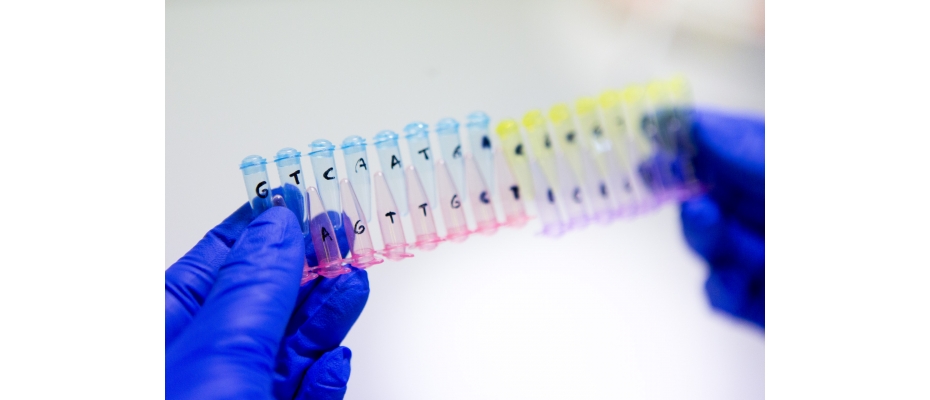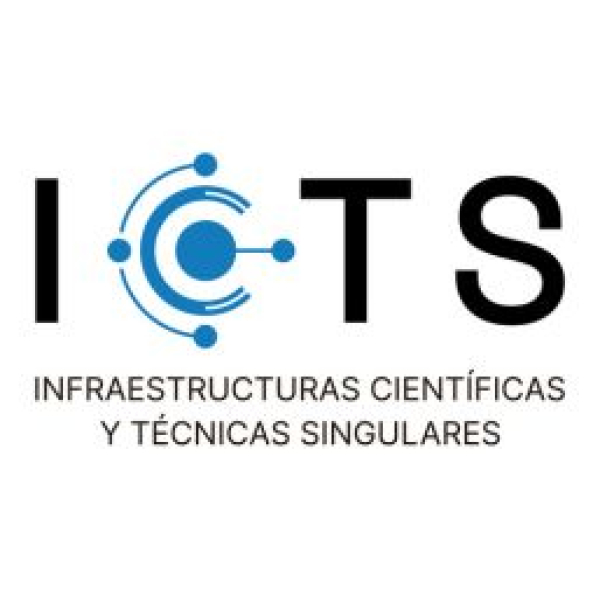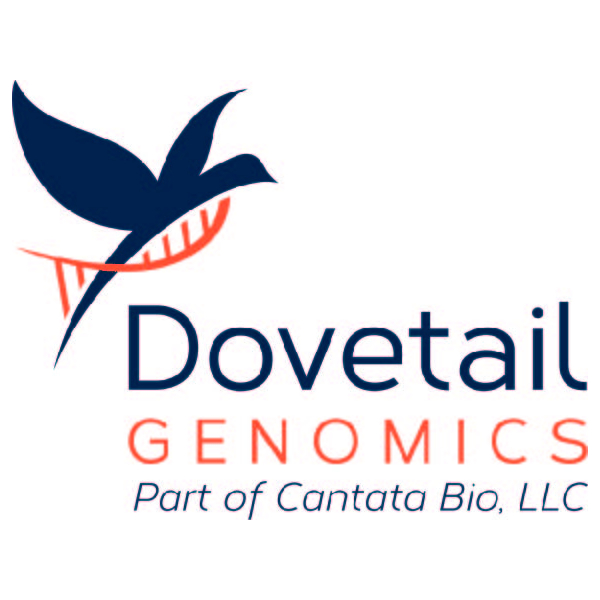
Cancer is a disease of the genome. It starts with a change in the genome of an individual cell that allows that cell to divide and grow uncontrollably. The genomes is a string of chemical constituents like a text with 3 billion letters T, C, G and A. Each cell has a copy of the same genome. Changes often occur at the most basic level, one single letter at an important place in the genome. During the evolution of the disease more mutations start to accumulate in the genome.
To understand the changes that drive cancer, it is necessary to generate the sequence of all these letters from both, the tumor and the healthy cells from the same patient and compare them. But there is another factor that complicates matters: cancers in different patients involve changes in different places of the genome even with the same clinical form of cancer. Knowing and understanding these differences is crucial to provide accurate diagnosis and better treatments to patients.
High-throughput sequencing of the genome helps understanding of cancer. To this effect the CNAG is a leading member of the Chronic Lymphocytic Leukemia Genome Project (CLL), the Spanish contribution to the International Cancer Genome Consortium (ICGC). This international platform of collaboration is organized to generate comprehensive catalogues of the genomic changes of 50 different cancer types and/or subtypes which are of clinical and societal importance across the globe.
At the CNAG (in collaboration with other members of the CLL Consortium) we have sequenced 500 samples of CLL tumors and compared them to healthy samples of the same individual. The results of the study show the great heterogeneity of this disease with thousands of mutations involved and where each patient presents a unique combination of hundreds of them. Even the most recurrent mutations between different patients are only found in 15% of the patients. Nevertheless, its identification is a considerable breakthrough, since it is a step towards personalized treatment, based on the genetic profile of each tumor.Beyond the CLL project the CNAG also participates in 3 other ICGC projects, and collaborates with other national and international institutions in cancer research studies.











